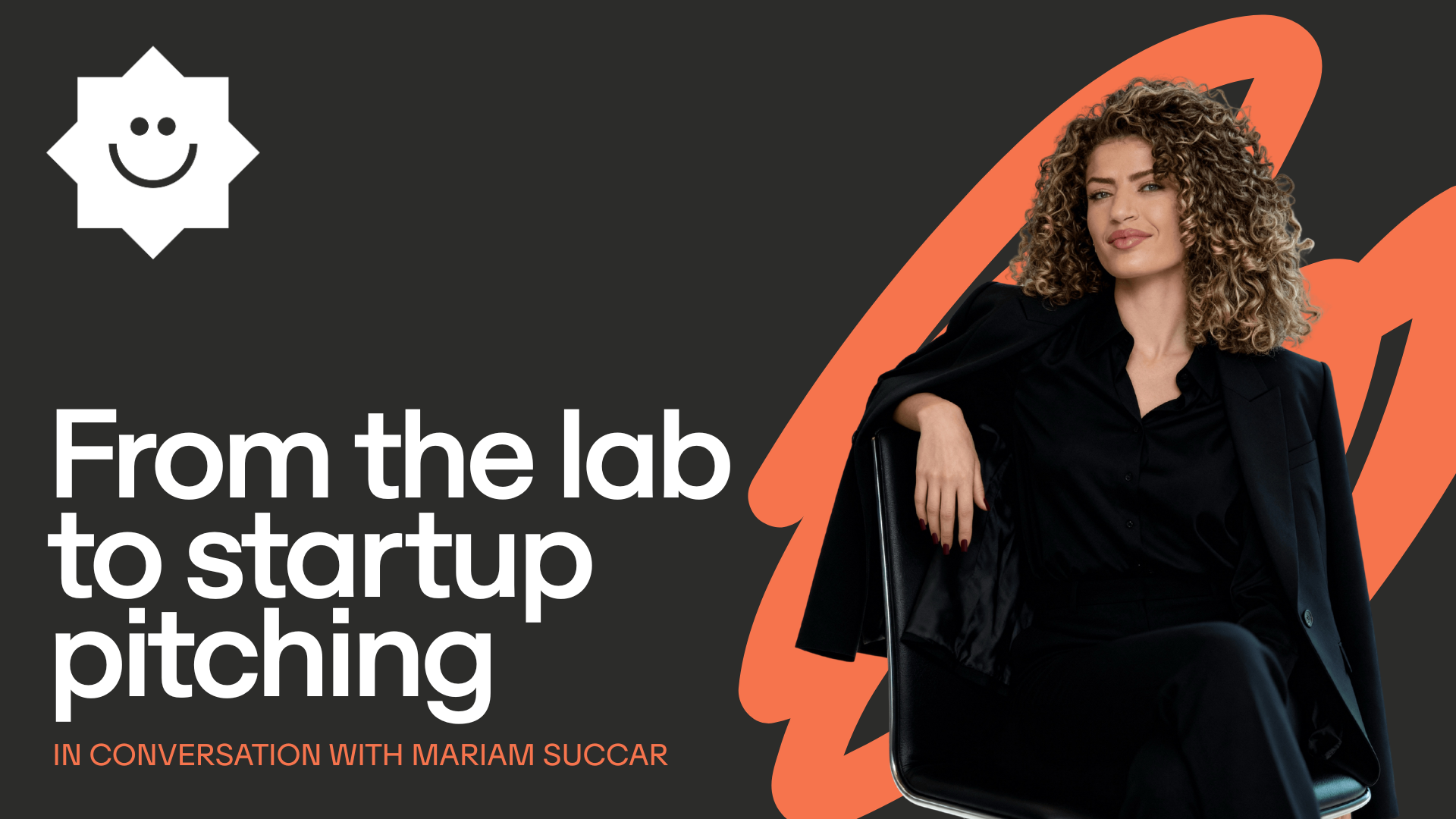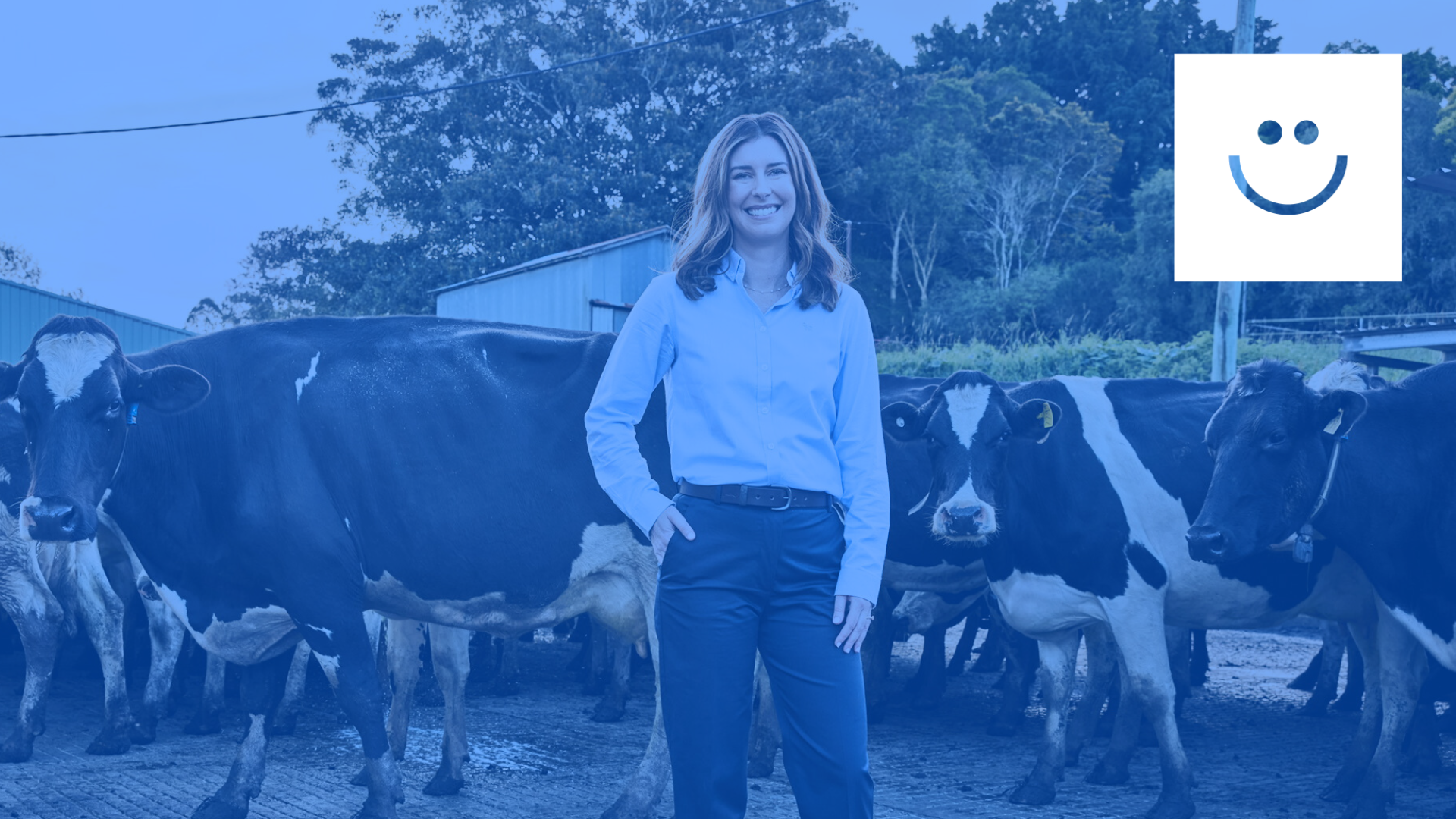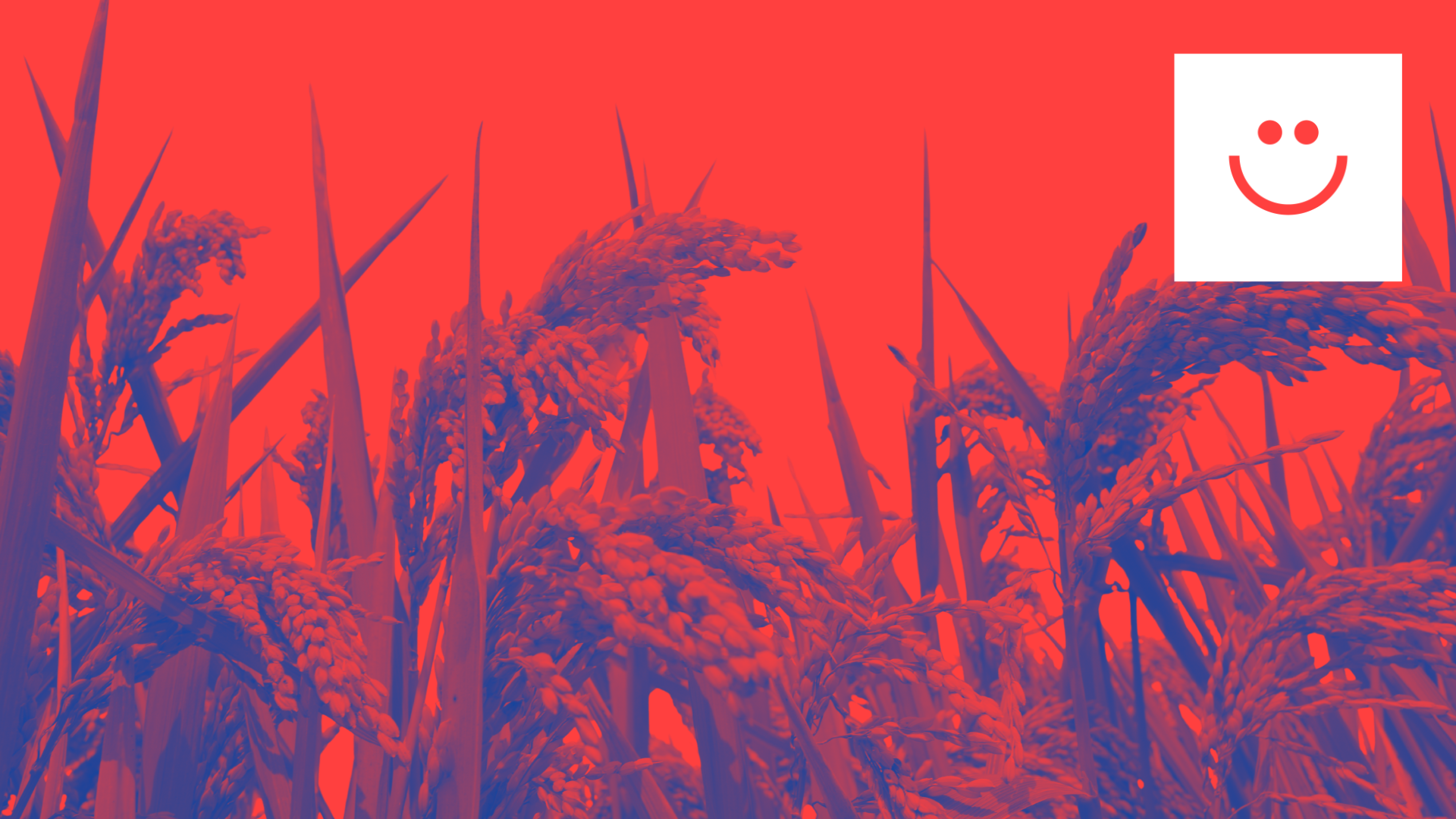When I first met Mariam Succar, she was knee-deep in allergy research at the Murdoch Children’s Research Institute in Melbourne. Her days were spent pipetting samples, analysing data and chasing down molecular patterns that might predict food allergies in infants. A startup founder? Not exactly the next step she’d planned.
But curiosity has a funny way of rerouting your path.
When Mariam joined the Startmate Female Founder Bootcamp, she didn’t have a product or pitch to run with (yet).
“I wanted to compete in the Founder Challenge, but I didn’t even have an idea,” she laughed. “So I just started walking around the hospital asking clinical trial coordinators, all women, what they were struggling with and just built from there.”
What she uncovered was a quiet but common problem: patient dropouts in clinical trials. Trials stall all the time because of admin bottlenecks and miscommunication and when parents or patients feel unseen, engagement slips. The next step was clear - Mariam built a tool to help fix that.
Sentiment Health uses natural language processing to help trial coordinators see which participants are at risk of dropping out and why. It scans the everyday messages, survey responses and emails that flow between coordinators and participants, then sorts them into high, medium or low risk. Crucially, it doesn’t automate the decision-making, it just gives coordinators the insight to act faster and more thoughtfully.
“It’s about helping humans do human things better,” Mariam said.
The MVP came together fast. Using dummy data, pre-trained AI and a simple Glide app, she built a working prototype within days and pitched it at the Founder Challenge showcase. Out of more than 90 submissions, she made the top seven.
During our chat what stood out most was how quickly she validated the problem. With a background in health and research gave her a rare vantage point: she could see the gap between clinical trial design and real human experience.
“Parents give so much to participate in trials, but that effort isn’t always met with thoughtful communication,” she said. “I wanted to help change that.”
For Mariam, the Fellowship wasn’t just a program it was a reminder to start building. She joined both the student and female streams, stayed close with her squad and poured everything she was learning straight back into her idea.
“I didn’t have a technical background,” she said. “But I knew I could listen, ask good questions and make something useful. That’s what the Fellowship helped unlock for me.”
Since we last spoke, Mariam has submitted her Honours thesis, exploring whether certain biomarkers can predict early-life food allergies, and shifted her focus to respiratory health. She now works with start-up Diag-Nose Medical, helping translate biomarker data from their clinical trials into smarter ways to treat debilitating conditions like severe asthma and COPD. (Fun fact: Melbourne has the highest allergy rates in the world, and vitamin D deficiency might be part of the reason).
Whether she’s running lab experiments or testing new product ideas, Mariam’s approach is the same: turn complexity into clarity and build things that help those who need it most.
Connect with Mariam on LinkedIn to follow what she builds next.








